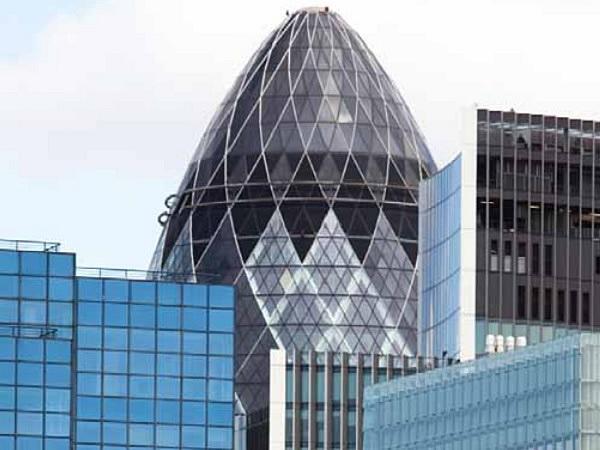
Date: 18 November 2016
For the first time, the building glass façade and window industry represented by European Aluminium, EuroWindoor, ES-SO and Glass for Europe come together to call for a modernised EPBD to unleash the energy savings potential of high performing windows.
Windows and glazed areas in buildings are essential to the overall energy performance of buildings but also to the general comfort and well-being of people living and working in these buildings.
To reap these distinctive benefits of modern windows, the four associations call for a revision for the Energy Performance of Buildings Directive, in particular to ensure the energy performance of glazed areas is fairly assessed and to put in place the right mechanisms and incentives for market actors to deliver massive energy savings.
In the joint position paper issued today, the signatories call on the European Commission to consider three priorities ahead of its review of the EPBD:
- Increasing the renovation rate of European buildings to obtain larger energy use reductions
- Using the energy balance approach to assess the energy performance of windows
- Recognising the benefits of daylight, natural ventilation and solar management
Frank Koos, Secretary General of EuroWindoor commented: ‘Our associations come together because we share the same analysis of what could help professionals on the ground to maximize the benefits of state-of-the-art windows in Europe’s buildings. This is what we translated in very concrete and actionable proposals to adjust the legislation.’
For instance, the co-signatories would like to see the revised directive integrating the ‘energy balance approach’ for the evaluation of windows’ performance and in particular when it comes to setting minimum performance requirements for window replacement. ‘
Adopting the energy balance approach in the EU directive is essential because, unlike opaque building components, windows also provide solar-heat gains and daylight.
Windows’ energy-efficiency performance cannot be limited to the thermal transmittance parameter or else sub-optimal window choices will be made’ explained Bernard Gilmont, Director Engineered Products of European Aluminium.
Today 85% of glazed areas in European buildings are inefficient single or outdated double-glazing.
Retrofitting these windows and facades has the potential to provide massive energy savings but also to reduce CO2 emissions and thus contribute to the world’s efforts against climate change while generating jobs and growth in the window and glass industries.
‘This can be a triple win for Europe which can score on all its policy objectives: energy, climate, industry, growth and jobs’ said Bertrand Cazes, Secretary General of Glass for Europe.
 600450
600450

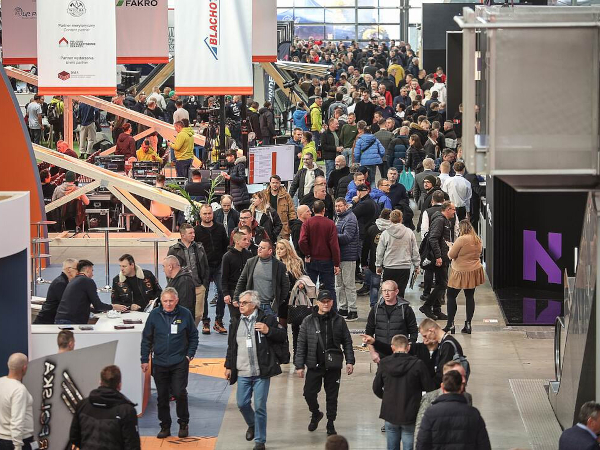
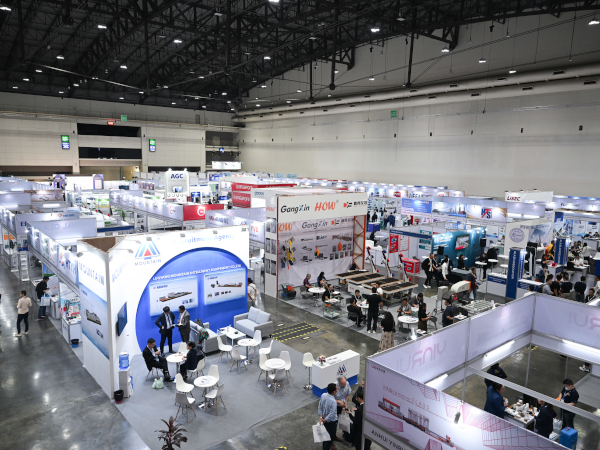

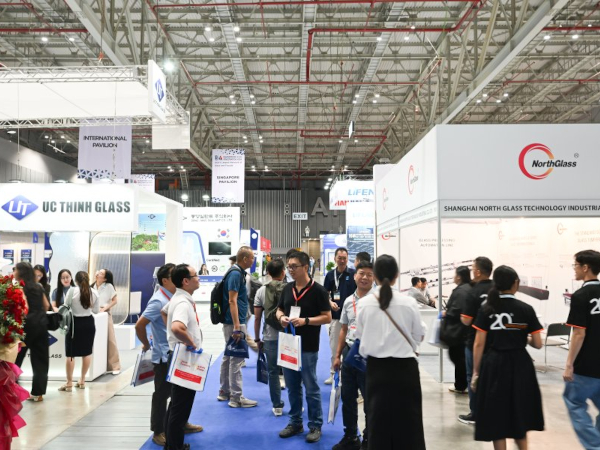
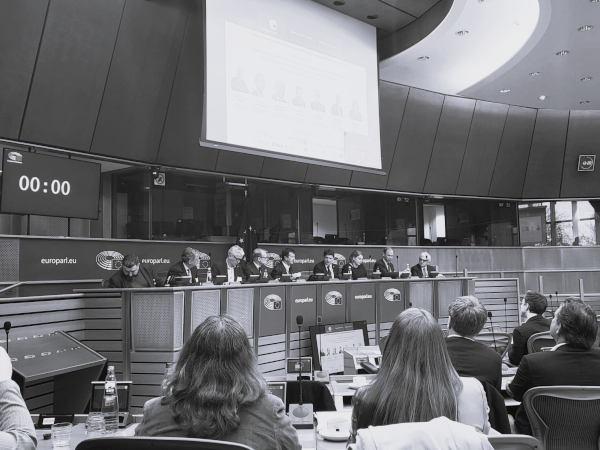
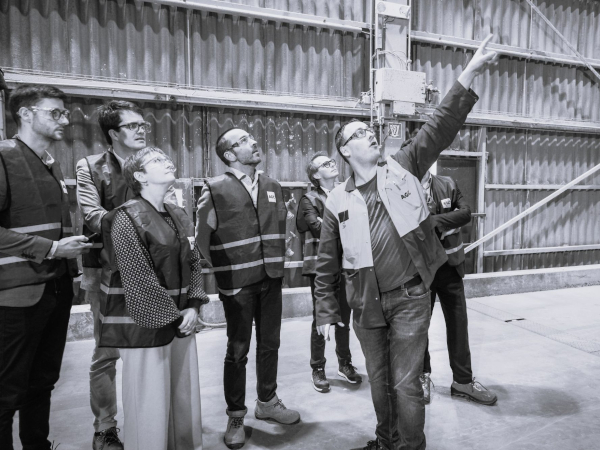

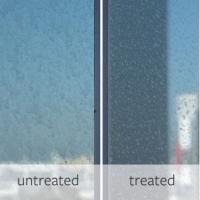

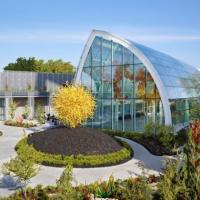
Add new comment